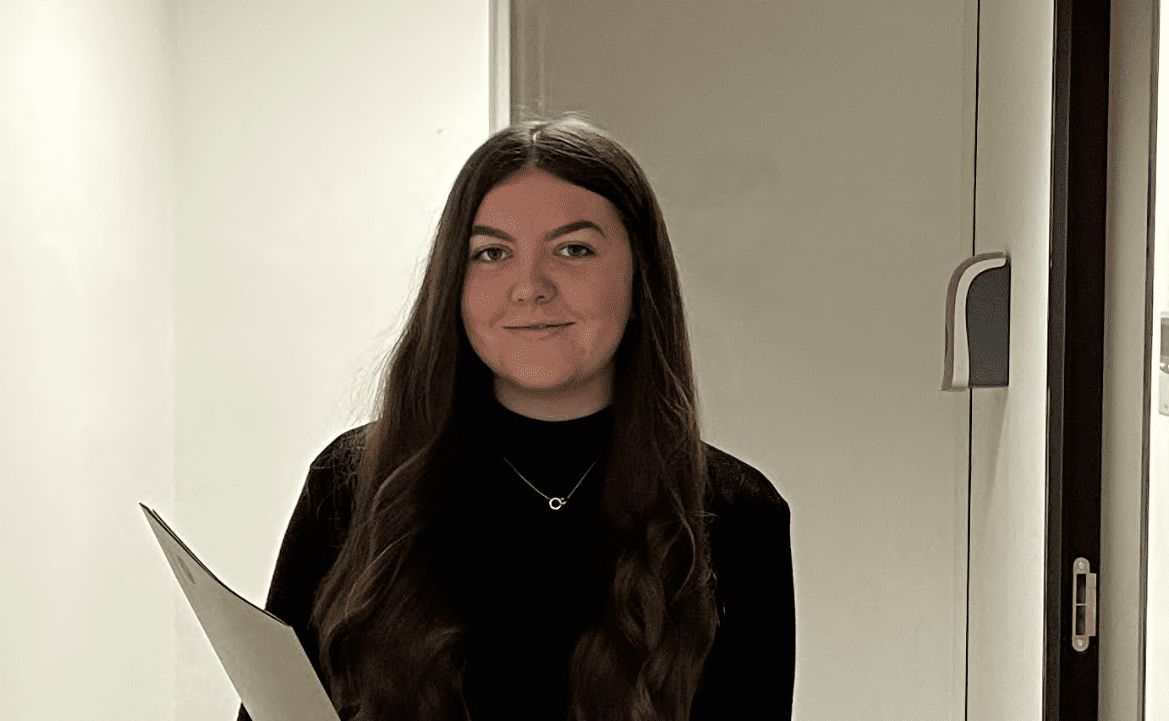Family law solicitors are now busier than ever. This is partly due to the backlog left behind from the COVID-19 pandemic but also because of a stark increase in public and private law cases. Most childcare law solicitors will be familiar with the frustration of hearings being adjourned and cases feeling as though they never seem to end.
Looking back at my time at university I remember picking Family and Child Law as an elective module. We learnt about public and private law cases and the statutory 26-week window for care proceedings. Within those 26 weeks there are meant to be four hearings; initial hearing, case management hearing, issue resolution hearing and final hearing. Now working as a Trainee Solicitor in a busy family law firm, it is a reality that care cases rarely conclude within the statutory 26-week window, with almost double the number of hearings taking place.
On March 9 2022, Sir Andrew McFarlane’s Make Every Hearing Count case management guidance on public law cases was published in an effort to curb the number of hearings being listed. It is clear from reading the guidance that there is a real problem being faced by the courts and solicitors; the volume of work within the court system exceeds both the court and legal representative’s capacity to meet the 26-week deadline.
The current national average for the number of hearings in a public law case is 6.2 compared to 5.2 in 2016/17. The average length of public law cases between July and September 2021 was 45 weeks compared to 28.2 weeks in 2017.
There are many factors that lead to the unfortunate re-timetabling of matters; delays in expert reports, poor case management and non-compliance just to name a few. It is very important in public law cases to reflect on the law. The Children Act 1989 s 1(2) requires the court to have regard to the general principle that any delay in determining a question regarding the upbringing of a child is likely to prejudice that child’s welfare. It is evident that the increase in hearings per case and the length of cases only increasing is having a detrimental effect on the individuals who matter most, the children.
The guidance outlines two factors to keep in mind when dealing with public law cases moving forward; the Public Law Working Group Guidance and narrowing the statutory focus of public law cases. As highlighted within this report, there is a need for all involved in public law work in the Family Court to re-engage with confining each public law case to three core hearings; case management hearing, issue resolution hearing and final hearing and the need to maximise judicial continuity.
It is clear that case management is one of the core issues at play when it comes to the need to re-timetable a case. Unfortunately, due to COVID, we have become accustomed to adjourning hearings. The knock-on effect has meant that cases are not being managed as effectively. The guidance suggests that in order to conclude a greater number of cases there needs to be; fewer hearings per case, shorter final hearings and the final hearing (where applicable) should be a rolled up hearing.
It is our responsibility as legal representatives to ensure that a case is managed efficiently. Moving forward we can all do our bit to help get things back on track. Local authorities should seek to provide clear and considered thresholds and case management hearings should be timetabled to give parents a ‘realistic opportunity’ to meet their lawyers and provide a substantive response. Together we can restore continuity to the family legal system.
Contact Bastian Lloyd Morris on 01908 546580 or visit www.blmsolicitors.co.uk













